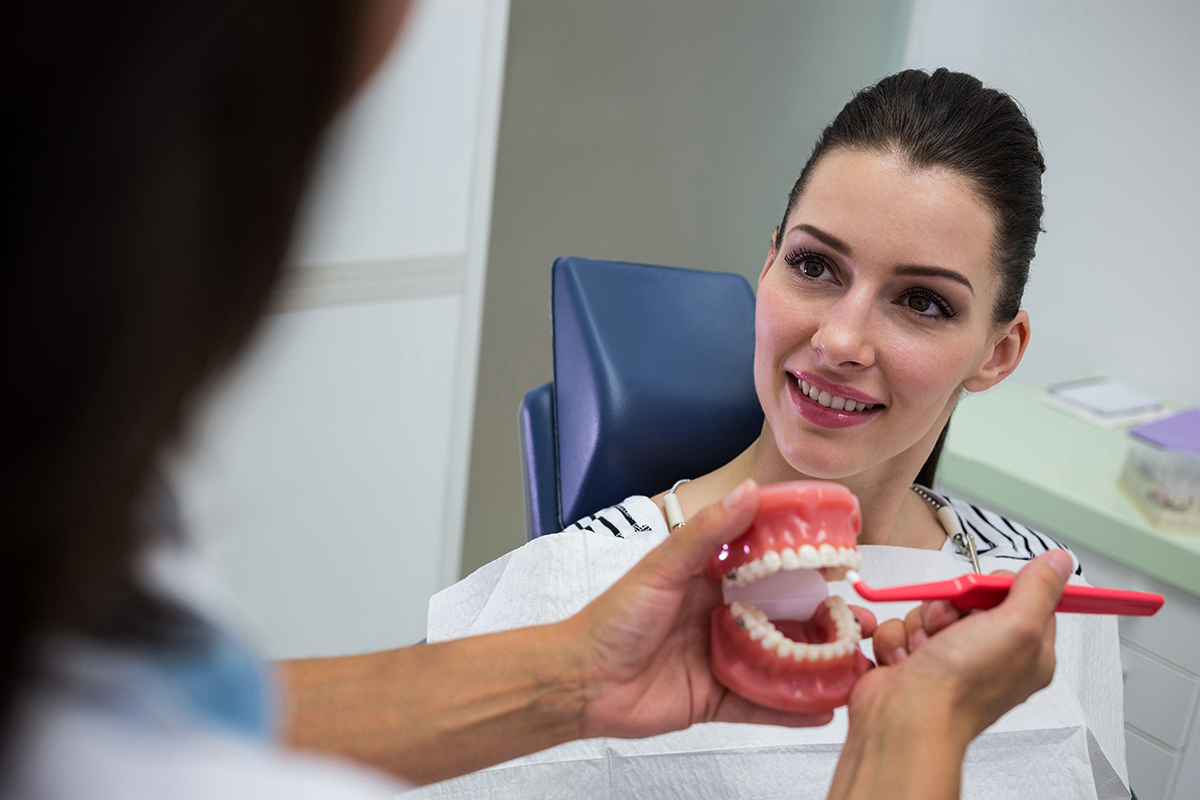
Oral Health problems
Oral Health problems
Oral health problems can be painful, uncomfortable, and even affect your overall health. Maintaining good oral hygiene is essential to prevent oral health problems such as cavities, gum disease, and bad breath. In this blog, we will discuss some common oral health problems and how to prevent them.
1. Cavities: Cavities, also known as dental caries, are caused by the buildup of plaque on teeth. Plaque is a sticky film of bacteria that forms on teeth and can erode tooth enamel, leading to cavities. Symptoms of cavities include tooth pain, sensitivity, and visible holes in the teeth. Prevent cavities by brushing your teeth twice a day, flossing daily, and limiting sugary and acidic foods and drinks.
2. Gum disease: Gum disease, also known as periodontal disease, is an infection of the tissues that surround and support teeth. Symptoms of gum disease include red, swollen, or bleeding gums, bad breath, and receding gums. Gum disease can lead to tooth loss and even affect overall health, as it has been linked to cardiovascular disease and diabetes. Prevent gum disease by brushing and flossing regularly, quitting smoking, and seeing a dentist for regular cleanings and checkups.
3. Bad breath: Bad breath, also known as halitosis, can be caused by poor oral hygiene, gum disease, or certain foods and drinks. Prevent bad breath by practicing good oral hygiene, including brushing, and flossing regularly, and avoiding foods and drinks that can cause bad breath.
4. Tooth sensitivity: Tooth sensitivity occurs when the protective layer of enamel on teeth is worn down, exposing the underlying dentin. Symptoms of tooth sensitivity include pain or discomfort when eating or drinking hot, cold, sweet, or acidic foods and drinks. Prevent tooth sensitivity by brushing gently with a soft-bristled toothbrush and using toothpaste designed for sensitive teeth.
4. Oral cancer: Oral cancer can affect the lips, tongue, cheeks, and other parts of the mouth. Symptoms of oral cancer include mouth sores, red or white patches in the mouth, difficulty swallowing or speaking, and unexplained weight loss. Prevent oral cancer by avoiding tobacco and excessive alcohol consumption, practicing good oral hygiene, and seeing a dentist regularly for oral cancer screenings.
In conclusion, maintaining good oral hygiene is essential to prevent oral health problems such as cavities, gum disease, bad breath, tooth sensitivity, and oral cancer. Brushing and flossing regularly, limiting sugary and acidic foods and drinks, and seeing a dentist regularly for cleanings and checkups can help keep your mouth healthy and prevent oral health problems.



0 comments